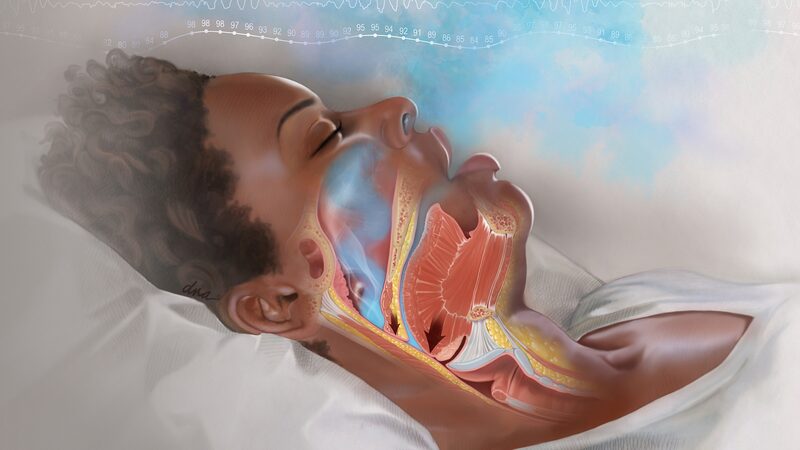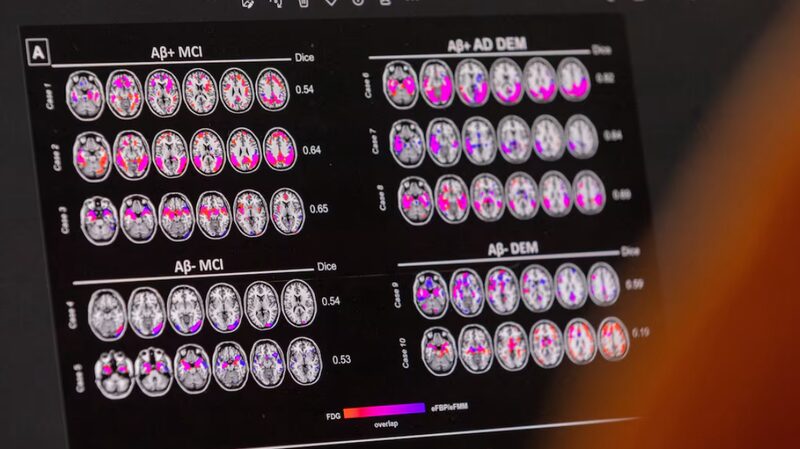A groundbreaking Australian study has uncovered a genetic link to dementia risk that disproportionately affects men, offering new insights for personalized healthcare strategies. Researchers found that men carrying two copies of the H63D gene variant – part of the iron-regulating HFE gene – face more than double the risk of developing dementia compared to non-carriers, while women with the same genetic profile showed no increased susceptibility.
The H63D Variant and Iron Regulation
Analyzing data from 19,000 participants in the international ASPREE trial, scientists discovered that while one in three people carry a single H63D variant without consequences, the 2.8% with double copies face significant health implications. The study, published in Neurology, highlights the gene's role in iron metabolism and its gender-specific effects on brain health.
Implications for Prevention and Treatment
"This discovery opens doors to targeted interventions," said Prof. John Olynyk of Curtin University, co-author of the study. "While we can't alter genetics, understanding how these iron-regulation pathways contribute to dementia could lead to early interventions and tailored therapies."
With over 400,000 Australians living with dementia – a third being male – the findings emphasize the need for gender-specific approaches in neurological research. The collaboration between Curtin University, Monash University, and the University of Melbourne suggests future studies will focus on unraveling the biological mechanisms behind this gender disparity.
Reference(s):
Iron-related gene variant tied to higher dementia risk in men: study
cgtn.com







